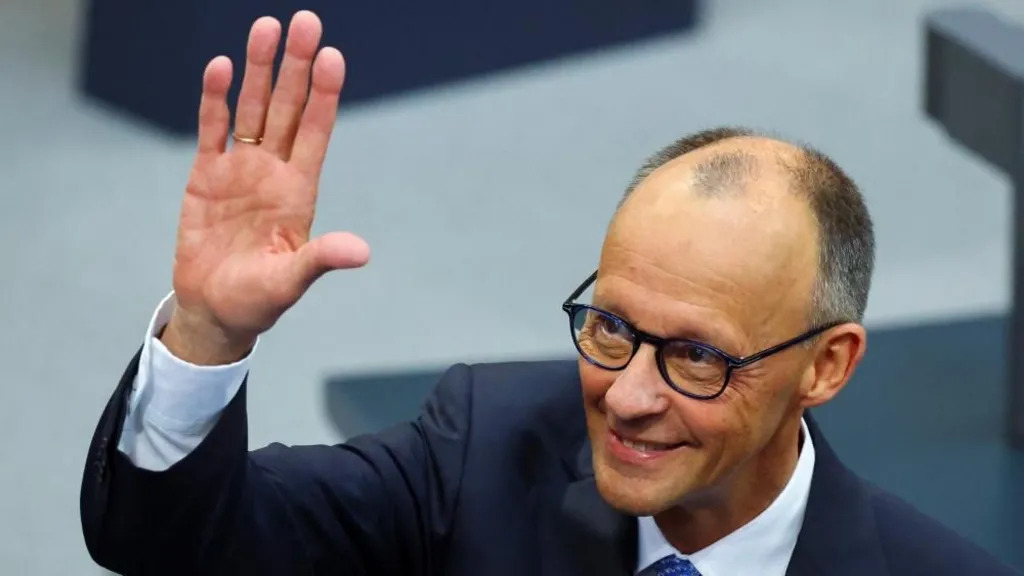MORE than 20 companies have applied for the one extra cellphone license that the Namibian Communication Commission (NCC) plans to issue later this year.
The scramble for the extra provider license comes amid increasing complaints about poor service from the Mobile Telecommunications Company (MTC), a monopoly owned by the Namibian Government and Swedish investors. MTC said in an interview last month that reception problems that had dogged it since last year would begin to ease this month, but customers this weekend insisted that their frustrations persist.NCC Chairman, David Imbili, said 22 companies had already applied for the license despite the fact that the closing date was not yet known and that an amendment to the communication law had not yet been passed by Parliament.The closing date is likely to be announced in the next few weeks and is likely to be in June.Meanwhile, some MTC insiders alleged to The Namibian that problems related to cellphone reception were largely the making of management.The sources claimed the company had stopped upgrading its system while waiting for details about possible competitors.The Namibian is in possession of documents containing research conducted last year in which MTC considered two options – leave the business as is without investing despite the addition of hundreds of thousands of new customers or make massive investments in upgrading the network.Managing Director Bengt Strenge dismissed suggestions that they had decided to do nothing.He said their researchers had proposed improving the system and that the board had endorsed the recommendation.The work had taken longer than expected, said Strenge.In the meantime, frustration has grown among MTC customers.A cellular network built to cater for 25 000 customers now has 300 000 mobile phone users.”It completely exploded in the last quarter [October to December 2003],” Strenge said in a recent interview.The growing customer base has led to a congested network, leaving thousands of customers in Windhoek, the coast and northern Namibia with a degraded service, conversations cut off, phones indicating ‘busy’ when they are not or being told that a number does not exist.Even so-called instant messages are delivered several days after being sent.Strenge has acknowledged the problems, saying they was expected to be solved by the beginning of April.Yesterday he was adamant that the service has improved.”Our figures show that we have a much better situation since two weeks ago… especially in the evenings where we have the main problem.”Cellphone users say their frustrations continue.”These problems must be isolated, but we will look into it,” says Strenge Asked why the problems had not been solved earlier despite the recommendation for improvement having been submitted last year, Strenge pointed to the time it took to manufacture the necessary equipment and a 12-week delay by MTC suppliers.The company had spent up to N$300 million on upgrades in two years to deal with what he described as ‘sudden growth’, he added.”It’s a kind of demand which just suddenly comes from out there.It wasn’t until April last year that we knew something was going on”, he said.While investing to end customer frustration, Strenge said MTC was at the same time preparing itself for competition.According to the documents in The Namibian’s possession, the monopoly has no plans to lower charges.MTC considers itself cheaper than companies in South Africa.”We don’t think that [lowering prices] will be the right strategy.We don’t think a competitor will start a price war.”Instead, said Strenge, MTC would strive to improve its customer care.”They [customers] may perceive us as a monopoly but we care about customer service”, says Strenge who has a direct line to unhappy customers.MTC’s research indicates that the Namibian market can generate more than 600 000 cellphone users before it reaches saturation.MTC said in an interview last month that reception problems that had dogged it since last year would begin to ease this month, but customers this weekend insisted that their frustrations persist.NCC Chairman, David Imbili, said 22 companies had already applied for the license despite the fact that the closing date was not yet known and that an amendment to the communication law had not yet been passed by Parliament.The closing date is likely to be announced in the next few weeks and is likely to be in June.Meanwhile, some MTC insiders alleged to The Namibian that problems related to cellphone reception were largely the making of management.The sources claimed the company had stopped upgrading its system while waiting for details about possible competitors.The Namibian is in possession of documents containing research conducted last year in which MTC considered two options – leave the business as is without investing despite the addition of hundreds of thousands of new customers or make massive investments in upgrading the network.Managing Director Bengt Strenge dismissed suggestions that they had decided to do nothing.He said their researchers had proposed improving the system and that the board had endorsed the recommendation.The work had taken longer than expected, said Strenge.In the meantime, frustration has grown among MTC customers.A cellular network built to cater for 25 000 customers now has 300 000 mobile phone users.”It completely exploded in the last quarter [October to December 2003],” Strenge said in a recent interview.The growing customer base has led to a congested network, leaving thousands of customers in Windhoek, the coast and northern Namibia with a degraded service, conversations cut off, phones indicating ‘busy’ when they are not or being told that a number does not exist.Even so-called instant messages are delivered several days after being sent.Strenge has acknowledged the problems, saying they was expected to be solved by the beginning of April.Yesterday he was adamant that the service has improved.”Our figures show that we have a much better situation since two weeks ago… especially in the evenings where we have the main problem.”Cellphone users say their frustrations continue.”These problems must be isolated, but we will look into it,” says Strenge Asked why the problems had not been solved earlier despite the recommendation for improvement having been submitted last year, Strenge pointed to the time it took to manufacture the necessary equipment and a 12-week delay by MTC suppliers.The company had spent up to N$300 million on upgrades in two years to deal with what he described as ‘sudden growth’, he added.”It’s a kind of demand which just suddenly comes from out there.It wasn’t until April last year that we knew something was going on”, he said.While investing to end customer frustration, Strenge said MTC was at the same time preparing itself for competition.According to the documents in The Namibian’s possession, the monopoly has no plans to lower charges.MTC considers itself cheaper than companies in South Africa.”We don’t think that [lowering prices] will be the right strategy.We don’t think a competitor will start a price war.”Instead, said Strenge, MTC would strive to improve its customer care.”They [customers] may perceive us as a monopoly but we care about customer service”, says Strenge who has a direct line to unhappy customers.MTC’s research indicates that the Namibian market can generate more than 600 000 cellphone users before it reaches saturation.
Stay informed with The Namibian – your source for credible journalism. Get in-depth reporting and opinions for
only N$85 a month. Invest in journalism, invest in democracy –
Subscribe Now!










